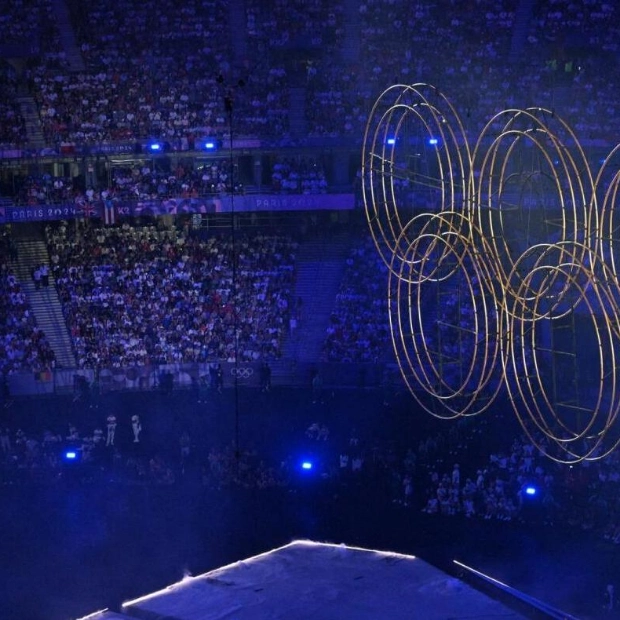‘Your father is in every cell of your body. He lives on in you, and you bring him into your future.’ — Thich Nhat Hanh
You may have inherited your father’s tall stature or your mother’s music skills, but that’s not all that we inherit. We also inherit their pain, their fears, their traumas. We inherit the residue from traumatic events that have taken place in our family. While our physical traits are easily discernible, this emotional legacy often remains hidden from us.
“When we are in a stressful situation, we subconsciously entangle with the trauma of our ancestors. Called Intergenerational Trauma, this phenomenon refers to where the experiences of past generations can influence the behaviour, emotions, and wellbeing of future generations,” says Certified Clinical Hypnotherapist and Trauma Therapist Nissa Rahim.
Recent research has shown that trauma can trigger epigenetic modifications, which are possibly inherited and can change gene expression. For example, Sara (name changed), the only child of her parents, was 13 when they separated. Inspired by her lawyer mother, she studied law and became successful in her profession. However, in situations of deep anguish and stress, she took to overworking and alcohol abuse. Constantly straddling between her ambitious career and the self-sabotaging use of alcohol, Sara was at the end of her rope when she went into therapy.
Through a modality called Family Constellation, she learned that she was the perfect example of a child’s loyalty to both parents, enacted completely unconsciously, and at the high cost of hindering the success of the now-grown child. She displayed hidden loyalties to both parents — she studied Law just like her mother, and turned to alcoholism in the face of stress — just like her father, a dark secret that she wasn’t even aware of.
“It is true — to understand who we are, we must know where and who we come from,” says Nissa, who has helped many identify old family wounds, heal their lineage and achieve wellbeing for themselves, through ancestral healing. Family trauma from the past informs us in the present. The systematic Family Constellations work originally developed by Bert Hellinger in the 1990’s, is an alternative therapeutic healing method by which we uncover hidden family dynamics and repressed feelings within the Family System that may originate with your parents or grandparents.
Family constellation is a healing modality that takes place in a group under the guidance of one person. This process supports healing, reconciliation and brings about a progressive change of perspective. Difficulties experienced by people may be influenced by traumas suffered in previous generations of the family, even if those affected now are unaware of the original event.
For example, if our grandparents lived in a war-torn land with a constant fear of death, they could pass on a survivor skill set to their children—such as reflexes to react quickly to loud noises, and other such protective responses. This skill set would be helpful if we live under a similar environment, but in a safe and peaceful environment this constant hypervigilance can create havoc in our bodies.
The bad news is that trauma can be inherited through epigenetic changes and a multitude of illnesses, behaviours, and health issues have been linked to epigenetic mechanisms. Related conditions include cancer, autoimmune diseases, neurodegenerative and psychological disorders, addictions, and respiratory, cardiovascular, reproductive, and neurobehavioral illnesses. Even their fears, their angers, their grief can all involuntarily become ours, a legacy we can perpetuate in our family.
But there’s good news too! There are actions we can take to help break the cycle. BREAK THE PATTERN OF EMOTIONAL TRAUMA Here’s the short list of things you can do, as per Mark Wolynn, Director of The Family Constellation Institute, The Inherited Trauma Institute and The Hellinger Institute of Northern California:
1.Awareness Awareness is half the battle won. When you understand and accept that you may be playing out fears from the past, when you understand and are aware, you can come out of the trance. And heal. 2. Shake the family tree and see what falls out. Who are you and where do you come from? What family secrets have been hidden? What stories didn’t get told? What traumas have never fully healed? It can be important to know these things, especially if we’re unconsciously reliving elements of traumas that don’t belong to us. 3. Talk to your children. It’s important to talk openly to your children about the not-so-fun things that happened in their parents or grandparents life. When age-appropriate, your children deserve to know about their lineage. We can’t change the past and we can’t change our lineage, but we can certainly change what is, and what will be. We may ask: ‘What are my children really inheriting? Can my baggage, my unfinished business pass on to my kids? Without knowing it, could I be hurting them?’ Change is notoriously known for not being easy. It often pushes the very edges of who we are so that we can step beyond our limits and become more of the person we want to be. But before your outwardly world changes, your inner world must change, including your thoughts, and your willingness to heal and grow. Right at this moment, if you were just a step away from making a change towards a more full and complete life, what would that step be? It didn’t start with you…. But it can certainly end with you.
Excerpts taken from: www.markwolynn.com/category/blog/wknd@khaleejtimes.com






